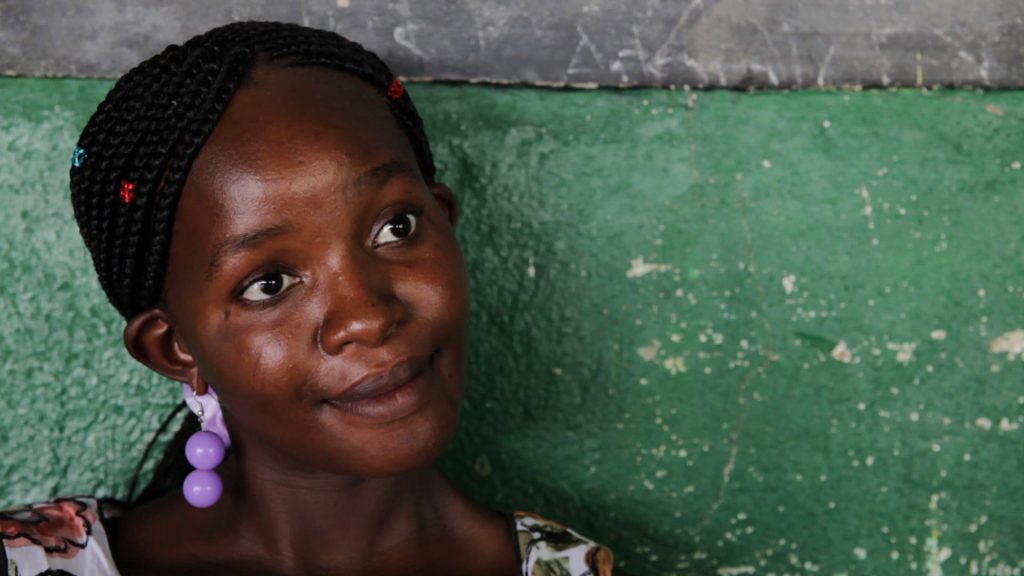This report shares perspectives and insights from young people from around the world living with and affected by HIV, who share their visions for realising and claiming their sexual and reproductive health and rights (SRHR) and for setting priorities for HIV and SRHR integration.The publication was produced by the Link Up project, as part of discussions held to help advocate for young people to be a priority when setting development agendas, particularly within the emerging post-2015 framework. The Link Up project is being implemented by a consortium of global and national partners, working with young people aged 10 to 24 years old, with a specific focus on young men who have sex with men, young people who do sex work, young people who use drugs, young transgender people, and young women and men living with HIV.
Two consortium partners, the Global Youth Coalition on HIV/AIDS (GYCA) and the ATHENA Network led consultations with young people, which involved nearly 800 people from around the world who responded to a global online survey, and over 400 young people who participated in a series of community dialogues and focus groups with national partners in Ethiopia, Uganda, Burundi, Bangladesh, and Myanmar.The report discusses five “vision areas for positive change” that emerged from the consultations, and outlines the related recommendations that emerged, which speak to young peoples’ shared perspectives on what is needed to achieve real progress.Recommendations emerging from the consultations:provide quality sexual and reproductive health services from ethicaland well-trained health service providers tailored to the needs, rights, and desires of young people—especially those living with and most affected by HIVprotect, respect, and promote young people’s sexual andreproductive rights, including their right to love and be loved safely and freelyensure full access to age-appropriate information and education onHIV and sexual and reproductive health and rights, including on sexual orientation and gender identitypromote gender equality and address gender-based violence, including sexual violence, in all its forms, including on the basis of sexual orientation and gender identitymeaningfully engage young people, in all their diversity, in all decision-making that affects their lives.



